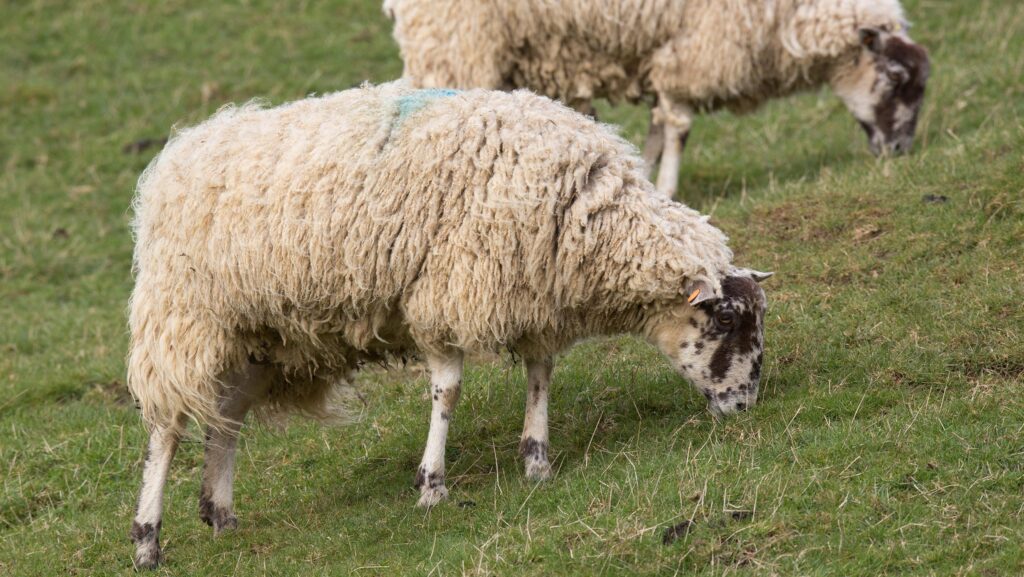New bluetongue strain BTV-12 detected in the Netherlands
 © Tim Scrivener
© Tim Scrivener A new variant of the bluetongue virus has been detected in a sheep in Kockengen, in the Netherlands.
It was identified as bluetongue serotype BTV-12, according to research by Wageningen Bioveterinary Research (WBVR, part of Wageningen University & Research) and the European Bluetongue Reference Laboratory in Madrid.
Following this discovery, additional testing was carried out on eight ruminants within a 5km radius, revealing that a cow also tested positive for BTV-12.
See also: Analysis – what farmers need to know about bluetongue
The sample from this cow has been submitted for further confirmation, with results expected early next week.
The cow calved in September, and its calf is currently being tested for the virus.
In response, Dutch agriculture minister Femke Wiersma has ordered a retrospective analysis of all bluetongue-positive samples submitted in the Netherlands since 1 September to check for BTV-12, with results anticipated in the coming week.
BTV-12 is genetically unrelated to the BTV-3 variant, which was first identified in the Netherlands in September 2023 and has since been confirmed in 13 countries across northern Europe.
As of 14 October 2024, there are 137 cases of BTV-3 in England and two in Wales.
The virus is spread mainly by infected biting midges blown across from continental Europe.
Melle Holwerda, virologist and head of the National Reference Laboratory for bluetongue at Wageningen University, said the origins of BTV-12 remain unclear, but stressed the importance of Dutch farmers reporting any suspicions to the authorities.
NSA concern
Phil Stocker, chief executive of the National Sheep Association (NSA) in the UK, expressed concern over the emergence of BTV-12 so soon after the development of a vaccine available under emergency authorisation for BTV-3.
He said the challenges posed by climate change and increased global trade raise questions about enhancing biosecurity measures in response to these evolving threats.
“How do we improve on our level of biosecurity in an increasingly globalised world?” he asked.
